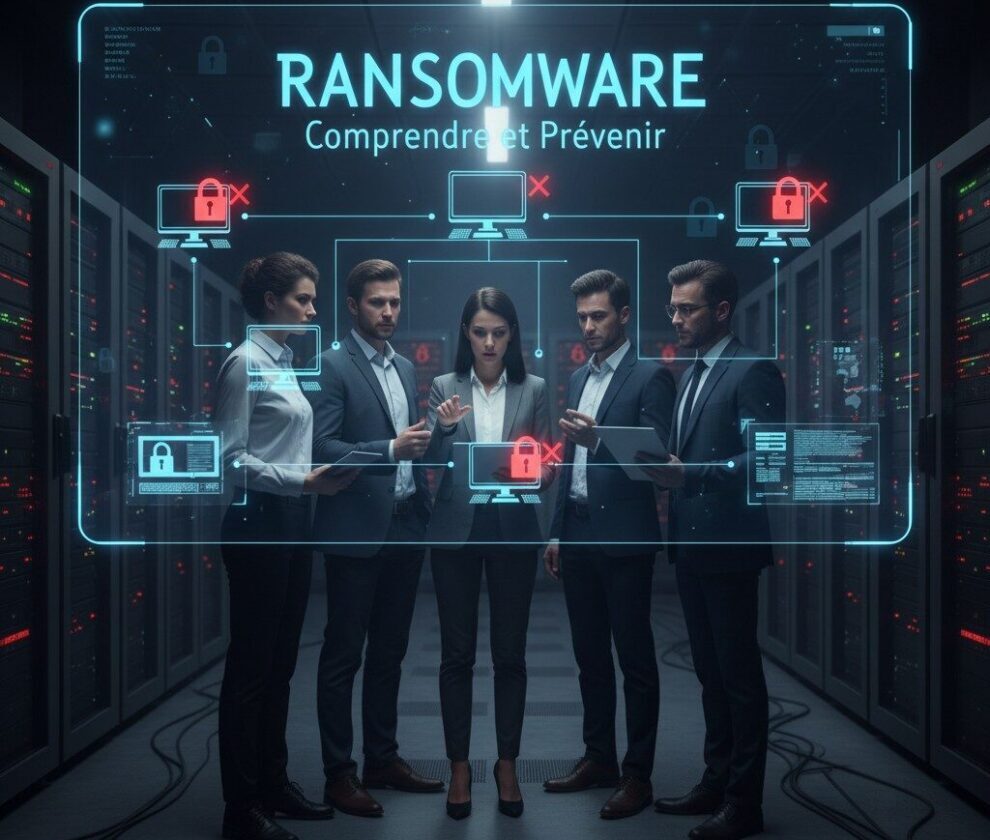Cybercrime continues to evolve, posing significant challenges for global enterprises. Among the most alarming threats today is ransomware, and one group making waves recently is Akira Ransomware. Known for its aggressive double extortion strategy, Akira has become a serious menace to established businesses, leaving a trail of disruption and financial loss in its wake. In this article, we dive into the Akira Ransomware attacks, their consequences for businesses, and the proactive measures companies can adopt to mitigate such risks effectively.
What is Akira Ransomware and How Did It Emerge?
Akira Ransomware emerged as a formidable force among the ever-growing list of cybercriminal groups. They execute a double extortion approach: encrypting victims’ sensitive data while threatening to release it on the dark web unless their ransom demands are met. This strategy forces businesses to grapple with a perilous choice between paying exorbitant ransoms or facing potential reputational damage and operational disruptions.
High-Profile Victims: Carlson Building Maintenance and Five Star Mechanical Inc.
In October 2025, Akira Ransomware targeted two prominent U.S. companies: Carlson Building Maintenance and Five Star Mechanical Inc. Carlson operates as a leading provider of commercial cleaning and maintenance services across the Midwest. On the other hand, Five Star Mechanical specializes in HVAC, plumbing, and industrial manufacturing services. Reports indicate that more than 50 GB of highly sensitive data, including financial records, customer information, and employee data, were stolen in these coordinated breaches.
The Devastating Impact of Ransomware Attacks
The repercussions of ransomware attacks extend far beyond financial loss. Businesses affected by such attacks typically face operational paralysis as critical systems are locked down. The exposure of sensitive data can erode trust among customers and partners, leading to long-term reputational damage and a significant reduction in market share and revenue. Additionally, the aftermath requires substantial investments for data recovery, forensic investigations, and improved cybersecurity defenses to prevent future breaches.
Financial and Operational Fallout
Beyond the immediate ransom demand, companies often incur unforeseen costs, such as legal fees, regulatory fines, and insurance payouts. The time and resources spent on restoring operations can also create lasting disruptions.
What Drives Cybercriminal Groups Like Akira?
Cybercriminal groups like Akira are predominantly motivated by financial gain. Ransoms demanded in these attacks can range in millions, enabling these groups to reap significant profits. However, monetary benefits aren’t always the only driver. In some cases, ransomware groups have been linked to geopolitical motives, intending to destabilize certain regions or industries.
Strategies to Protect Your Business from Ransomware
To combat sophisticated ransomware attacks like Akira’s, businesses must adopt multi-layered security practices. Here are some crucial strategies to consider:
- Train Employees: Educating employees about phishing scams and other cyber risks is the first line of defense. Regular training helps minimize human error.
- Conduct Routine Maintenance: Keeping systems, software, and firewalls updated to fix vulnerabilities is crucial.
- Implement Backup Protocols: Maintain regular backups in isolated environments to ensure data recovery in case of an attack.
- Partner with Cybersecurity Experts: Collaborate with reputable cybersecurity firms to conduct audits and bolster your defenses.
The Role of Government and Regulatory Bodies
As cyber threats escalate, government agencies and regulatory bodies must step up their involvement. Stronger frameworks and public-private partnerships are essential for tackling ransomware attacks head-on. These collaborations can foster information sharing, ensuring quicker response times and stronger coordination to curtail damages.
Conclusion
Akira Ransomware serves as a stark reminder of the risks posed by advanced cyberattacks. Businesses must prioritize cybersecurity by implementing robust preventive measures, educating their teams, and aligning with cybersecurity experts. Staying proactive is the key to safeguarding an organization’s assets and reputation. If you’re looking to fortify your business against emerging threats, reach out to our experts at My Own Detective. Together, we can build a resilient defense strategy tailored to your needs and keep your business secure from potential attackers.


